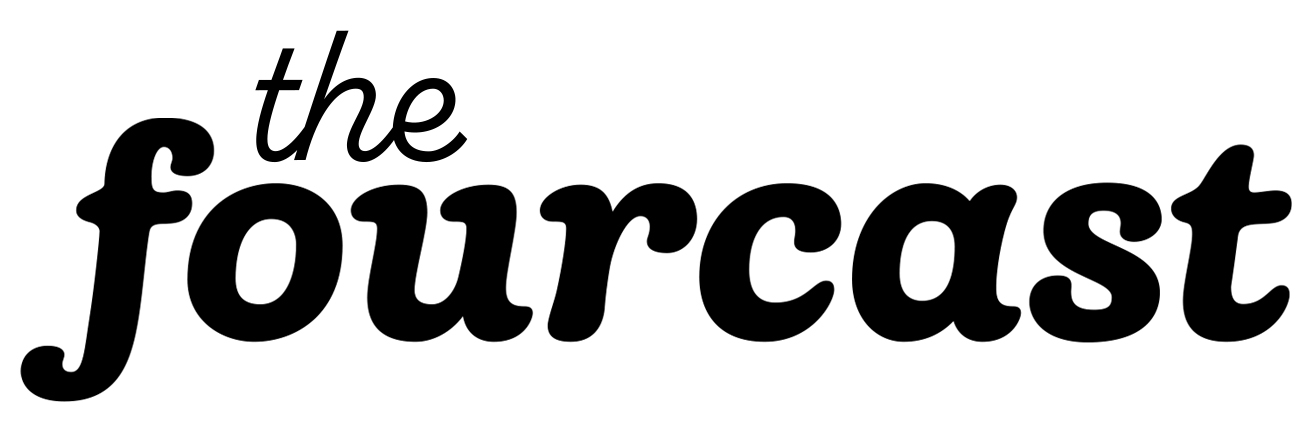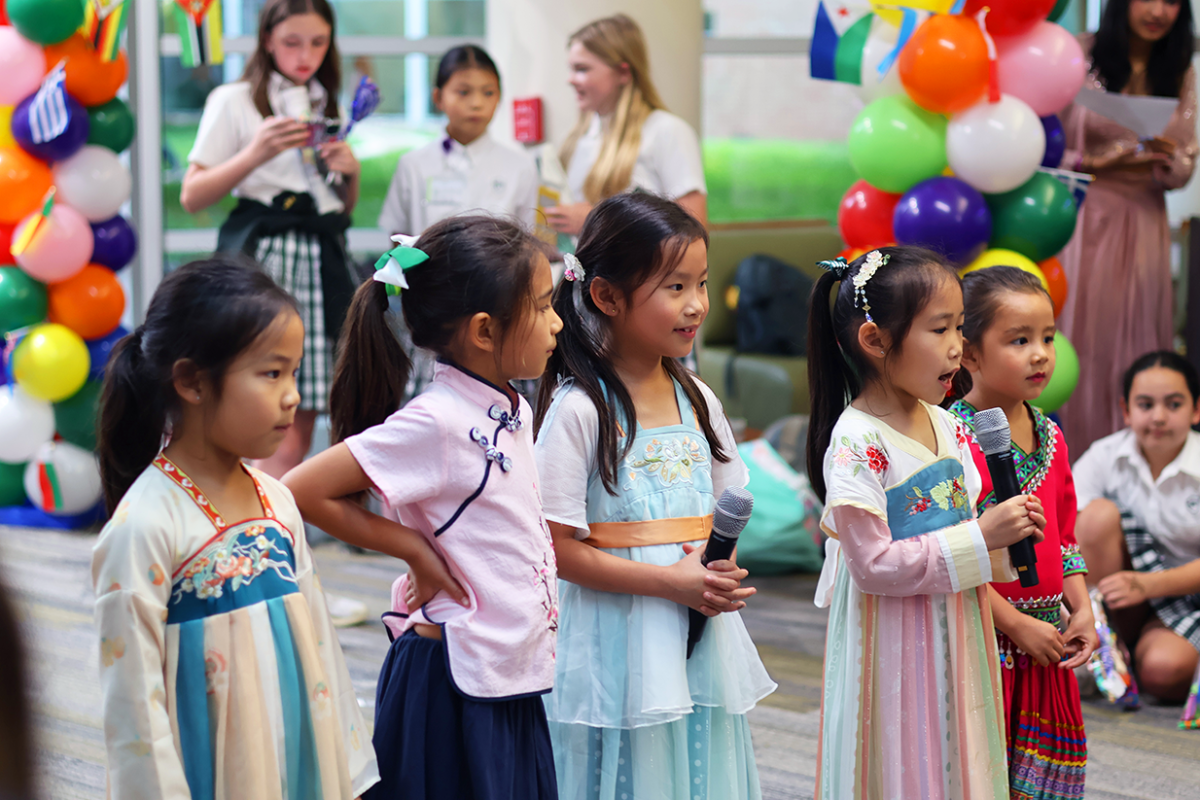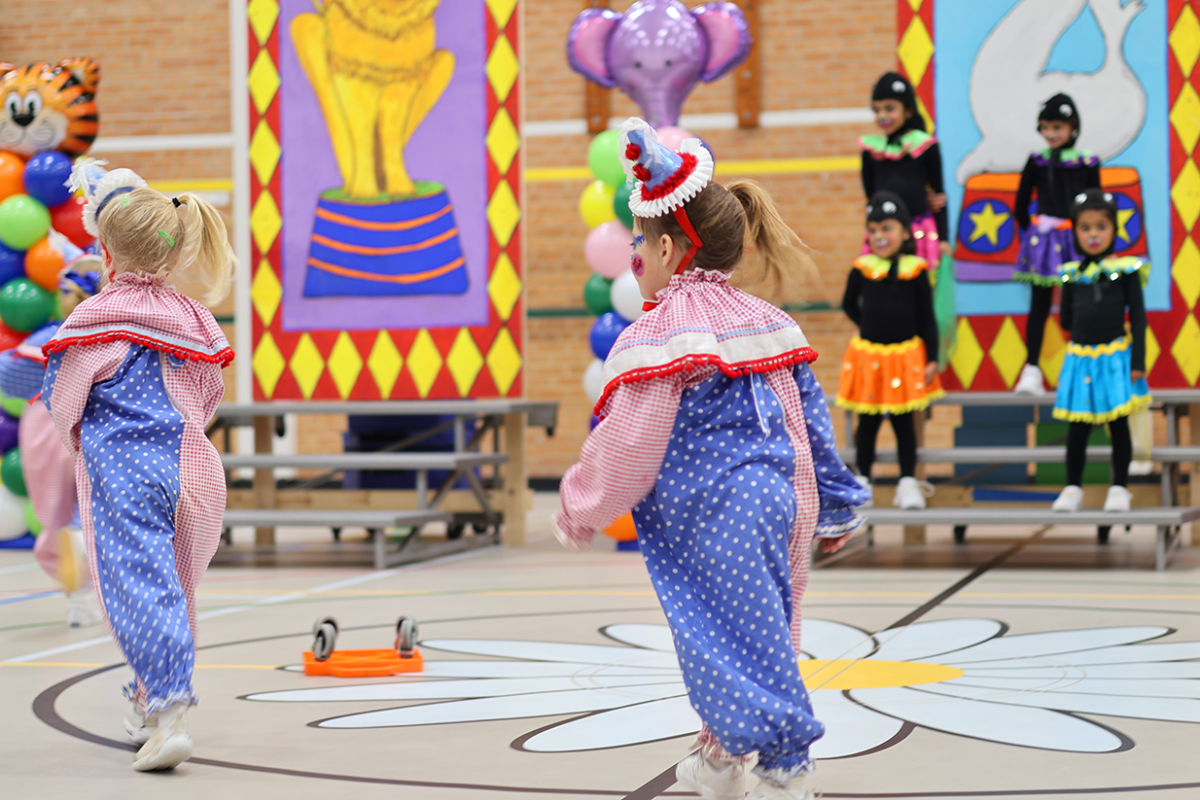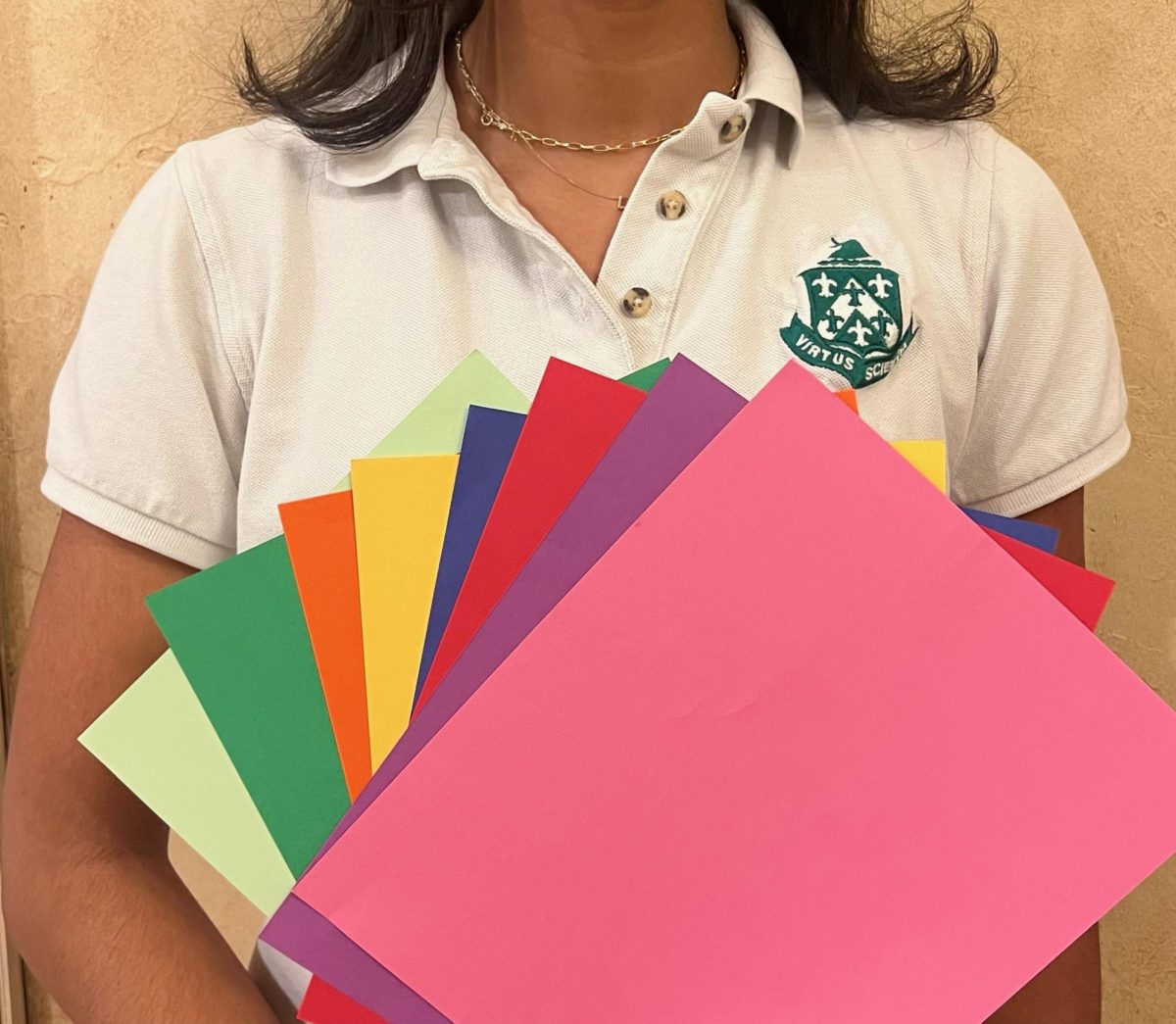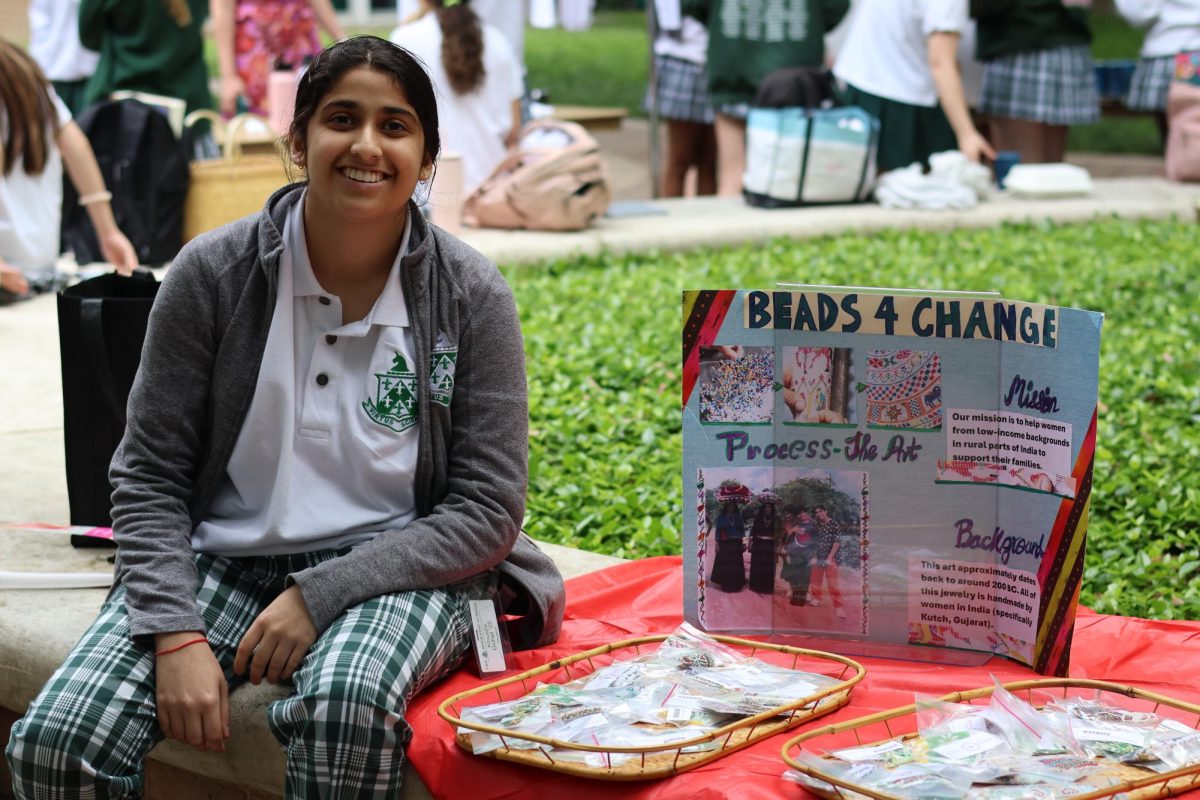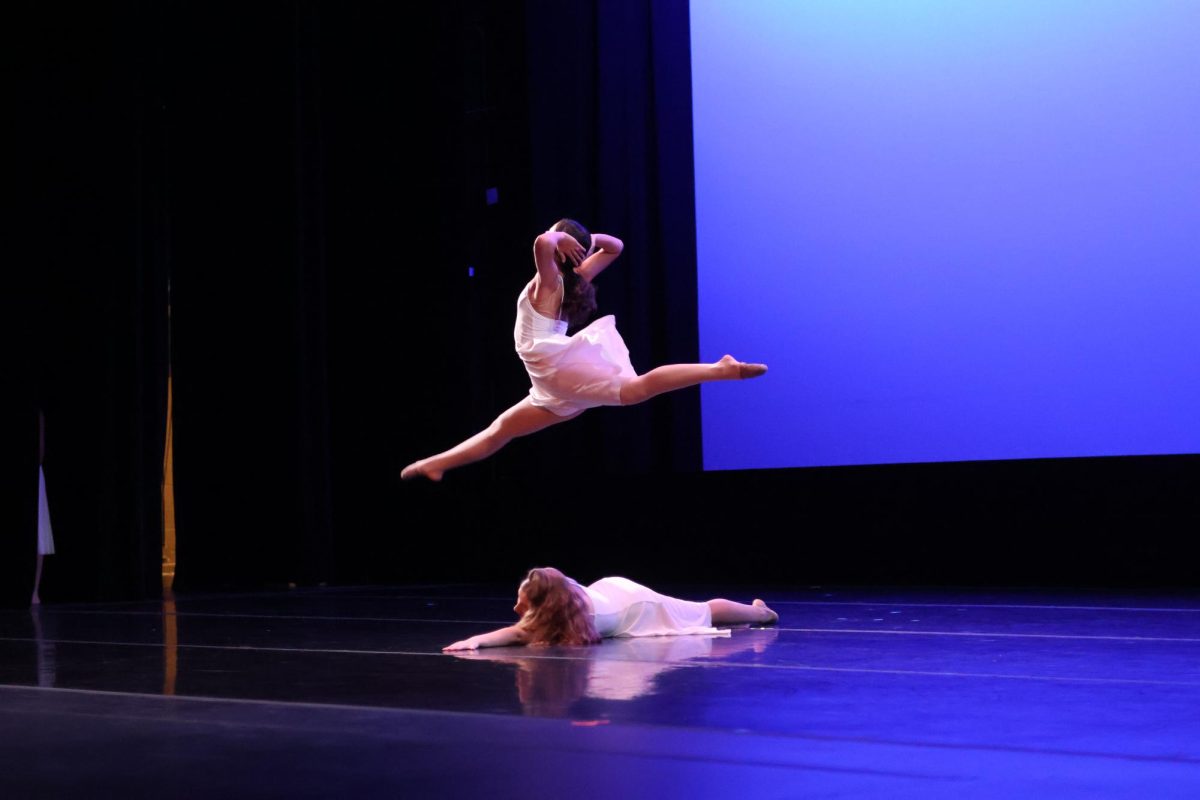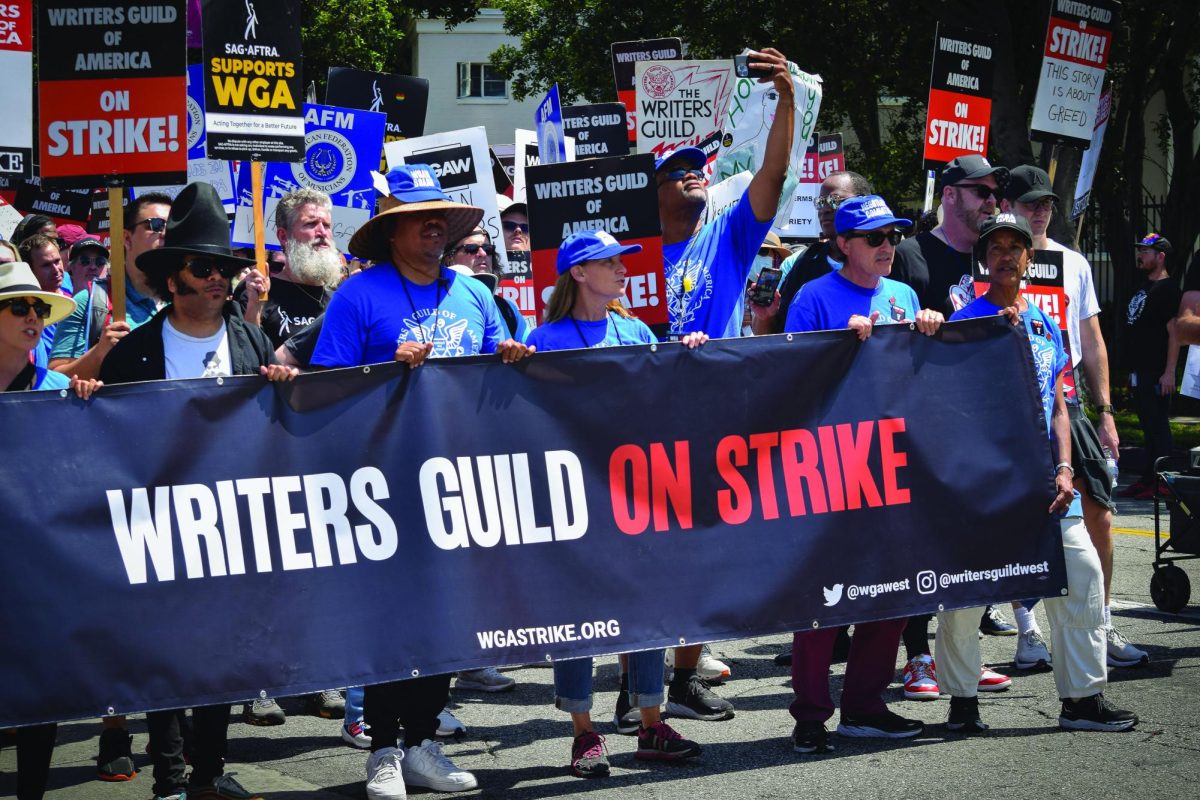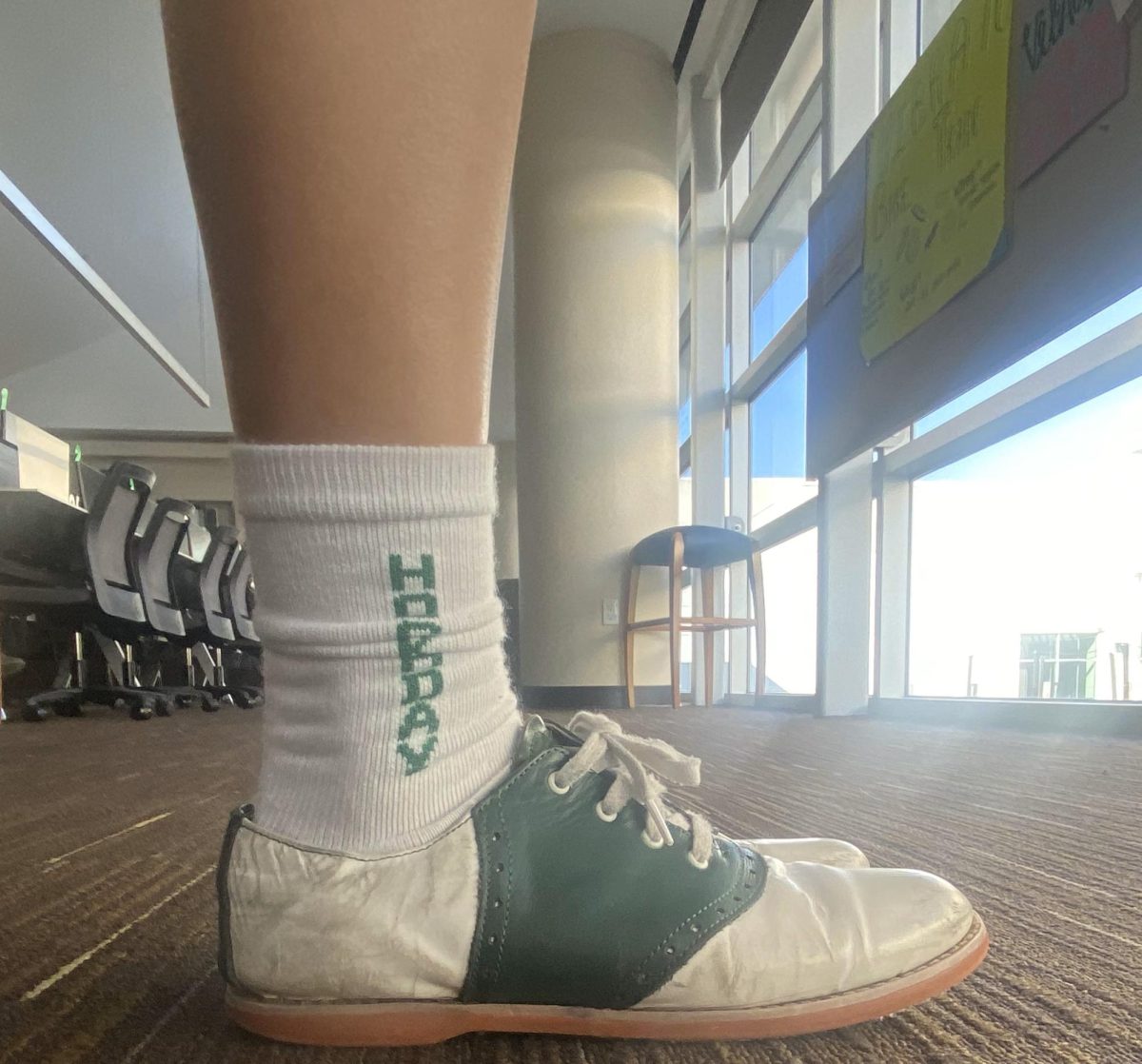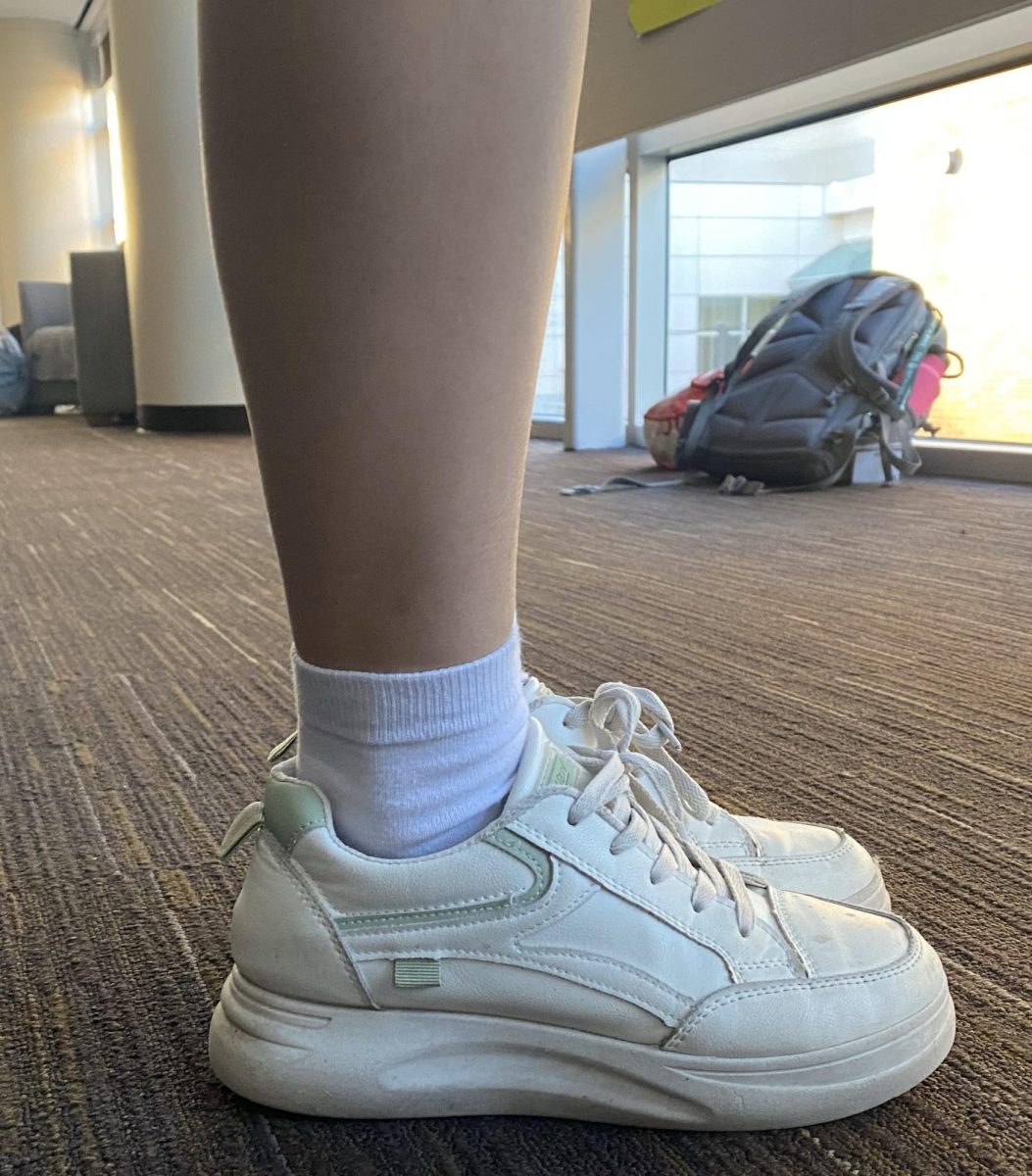The topic of race has always been a sensitive and heated one. There is often disagreement over whether someone can discriminate against their own race. In contemporary society, adolescents, in particular, are often heard using racial slurs such as the N-word. These people use derogatory words because they believe it is acceptable to use them if they are referring to their own race: this is a misconception.
Often, people do not realize where these slurs come from. The N-word derives from a Latin word that means black. By the early 1800s, it was considered to be a derogatory term used to express enmity and disgust toward black people. It was even considered to be one of the most offensive terms someone could use. It was a way to exclude black people and to discriminate against them. Although some may contend that this term is no longer offensive, the history behind the word is not debatable.
Pop culture is a huge reason for the prevalence of racial slurs. Acclaimed musicians such as Kanye West and DJ Khaled are known for often using explicit language, including the N-word, in their songs.
These artists defend their use of such language by claiming that it is not offensive if you use it in a positive light. “I grew up like that. It’s slang. It’s actually a positive word the way that I use it,” Khaled said to Sirius Satellite Radio, a radio service with streams for music, sports and news. What these artists do not realize, however, is that using racial slurs can in fact be very offensive to their audiences.
Both West and Khaled have justified using the word by claiming that it is a “term of endearment.” Artists like them believe that because the word is used so frequently, listeners have already adapted to accept the word and to see it in a positive light.
What is even worse is that artists do not recognize that by using these slurs in their music, they are also promoting them. As soon as someone turns on 106.1 FM or opens up the Top Hits list on iTunes, they are exposed to thousands of songs filled with racial slurs.
As a result, inevitably they begin to think that using them is normal. This kind of music has shifted listeners’ perspectives of what is acceptable and what is not. Consumers are now under the impression that using offensive language is acceptable. Maybe even encouraged.
Being a certain race does not justify discriminating against it. If you use a racial slur, it is offensive, regardless of your race. By using offensive terminology, you are indirectly saying that it is okay for other people to do the same. The idea of a double standard comes to mind – if it is not acceptable for white people to use the N-word, it is also not acceptable for black people to use it.
The N-word is one of the most offensive slurs you can use. Although some claim that using this word is culturally acceptable if used in an “endearing way,” using it frequently promotes the use of other terms like it and can be extremely hurtful to many people.
Although discrimination against black people is still seen, unfortunately, in society, the situation has improved significantly over the years. Using this or any racial slur would be reverting back to old habits.
– Heidi Kim
